
Cloud-first lab automation provides superior benefits to modern labs vs on-site solutions. Find out why in this new article from Automata
Read moreGet the latest insights, innovation and commentary from Automata experts and external contributors in our lab automation blogs. Discover the impact of lab automation across different workflows and industries, from scaling up ELISA development in drug discovery processes to supercharging CRO labs.

Cloud-first lab automation provides superior benefits to modern labs vs on-site solutions. Find out why in this new article from Automata
Read more
Discover how life sciences face challenges in managing vast, complex data and how automation can enhance data quality, accessibility, compliance, and efficiency, driving innovation and faster discoveries.
Read more
Cloud-first lab automation provides superior benefits to modern labs vs on-site solutions. Find out why in this new article from Automata
Read more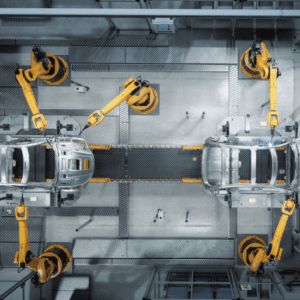
How the lessons we learned from manufacturing automation can help supercharge your lab’s throughput
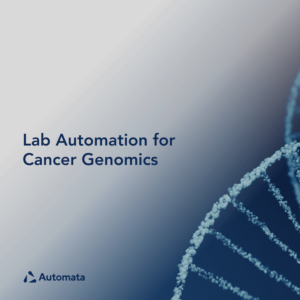
Nick Lench, Genomics Expert and Co-Founder of Congenica, discusses the challenges holding back genomics and how automation will usher in a new era of...
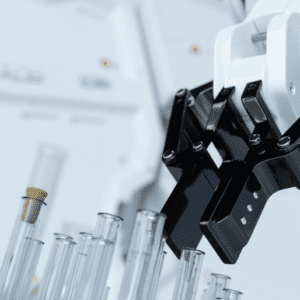
Following the NHS' collaboration with automation leader, Automata, to accelerate lab automation, Peter Baker, commercial director at University Hospital Southampton NHS Foundation Trust (UHS),...
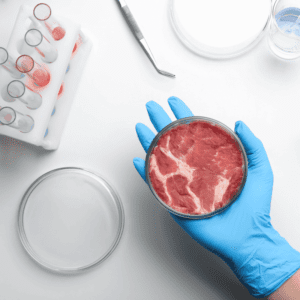
Find out what some of the biggest themes and challenges are within the alternative protein industry and how innovative technology can help.
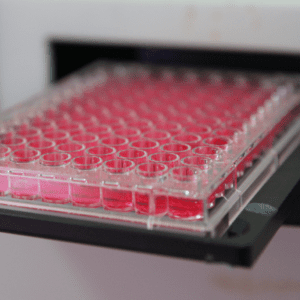
Automating mammalian cell culture can improve the scale and quality of results for labs. We look at how labs can implement easy automation wins...

As cell cultures become more advanced, optimising culture quality is more important than ever Cell culture is an essential in vitro research tool that...
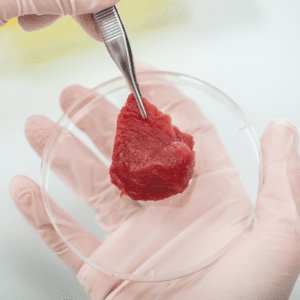
We sit down with Marko Storch, Head of Synthetic Biology and Automation, London Biofoundry, to talk about tackling the challenges of lab-grown meat

As demand for cell culture increases, labs are under pressure to scale - and reducing manual processes is critical

Genomic sequencing will revolutionise healthcare over the next decade. We take a look at the changes it will bring to today’s challenges.

We look at what causes errors in biology lab experiments and how lab automation can help reduce them